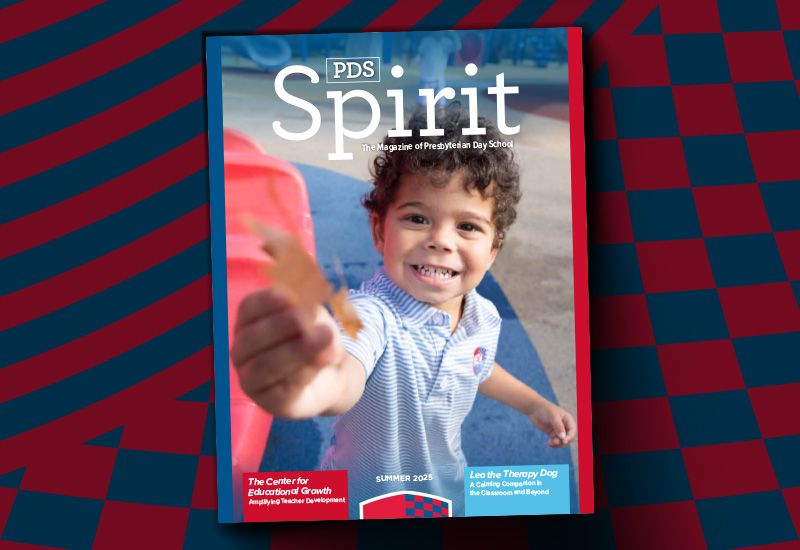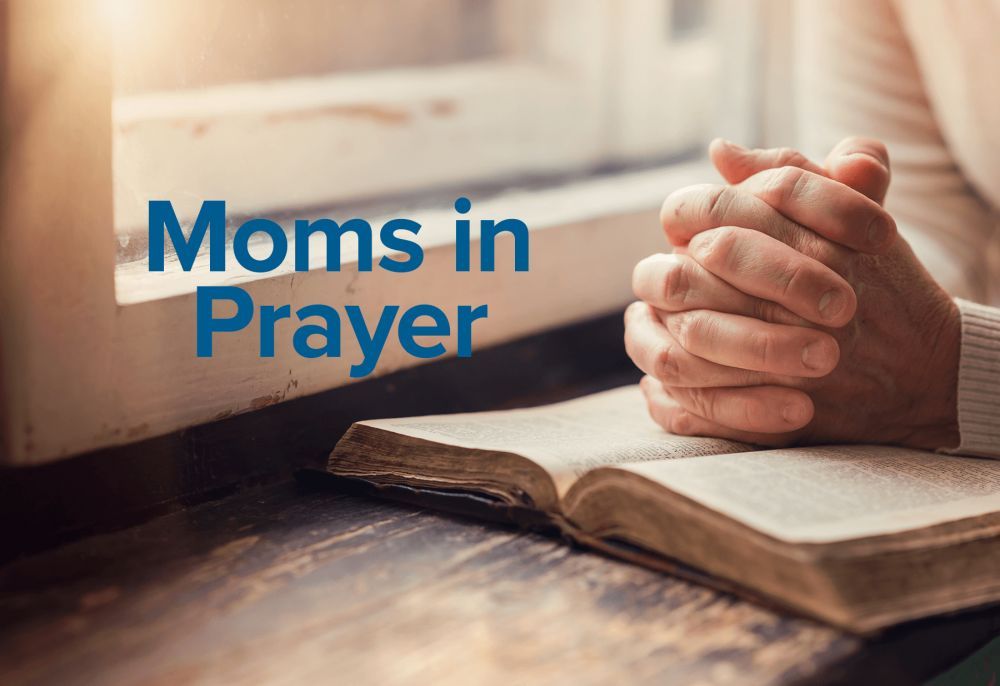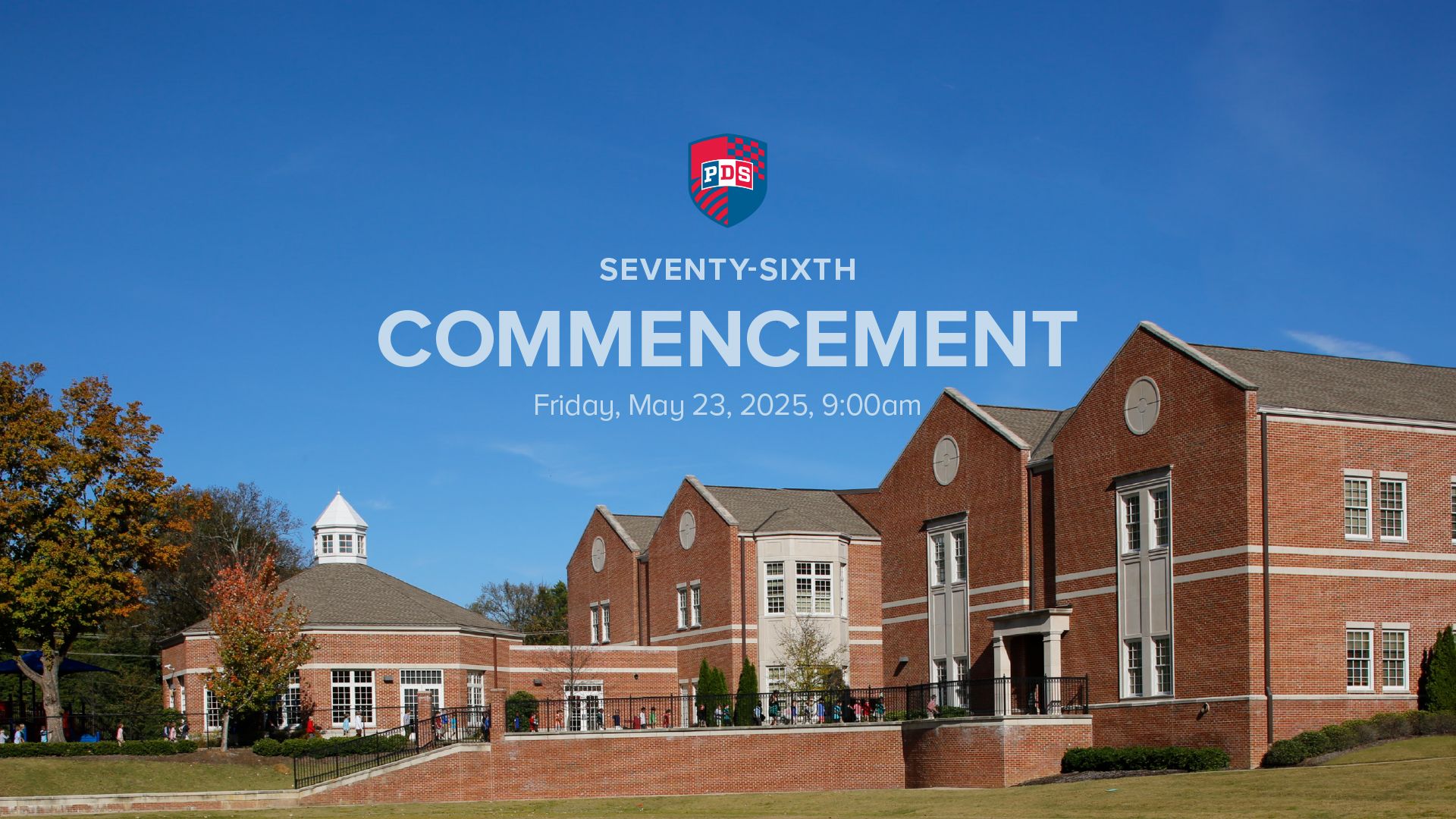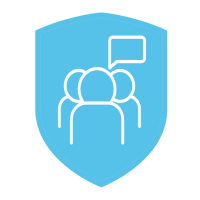News
- Show All
- 1st Grade
- 2nd Grade
- 3rd Grade
- 4th Grade
- 5th Grade
- 6th Grade
- Admission
- All Grades
- Annual Fund
- Athletics
- Form
- Grandparents' Day
- Junior Kindergarten
- March Mania
- Parents Association
- Pre-Kindergarten
- Senior Kindergarten
- Video
- Young Knights

Congratulations to the 6th Grade Golf Team

Apply for Variable Tuition for 2025-2026 - Deadline November 15
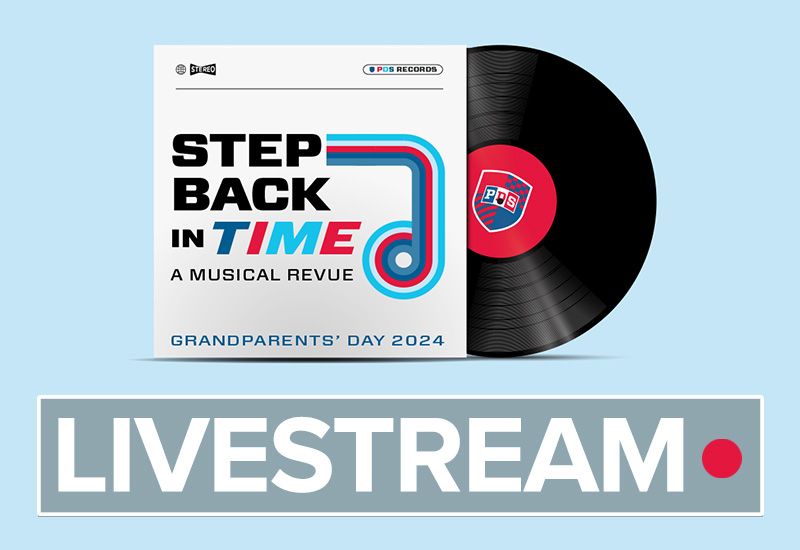
VIDEO - Grandparents' Day 2024

Welcome Grandparents! - Parking and Event Info for Friday
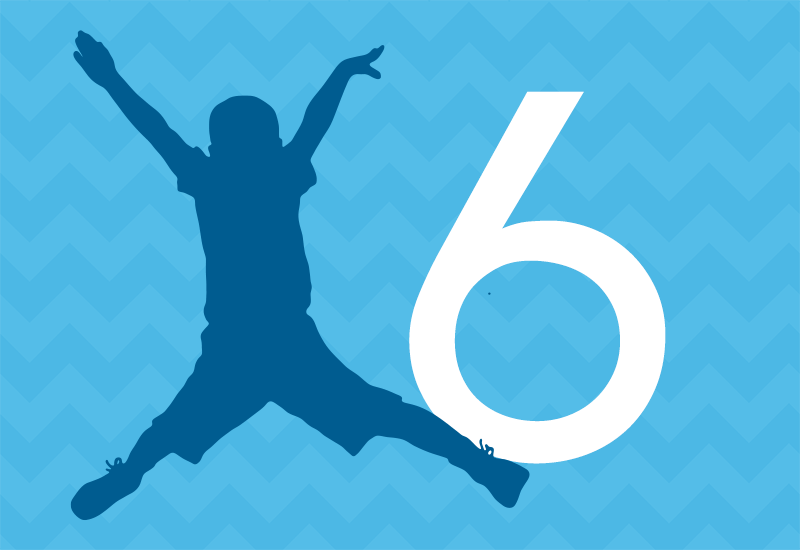
Congratulations to the 2024-2025 6th Grade Crusader Basketball Team

Congratulations to the 2024-2025 5th Grade Crusader Basketball Team

PDS Family Cookout and Jamboree - Saturday, Oct. 26

Our 2023-2024 Annual Giving Report is Now Available

Blackbaud Accounts and Variable Tuition
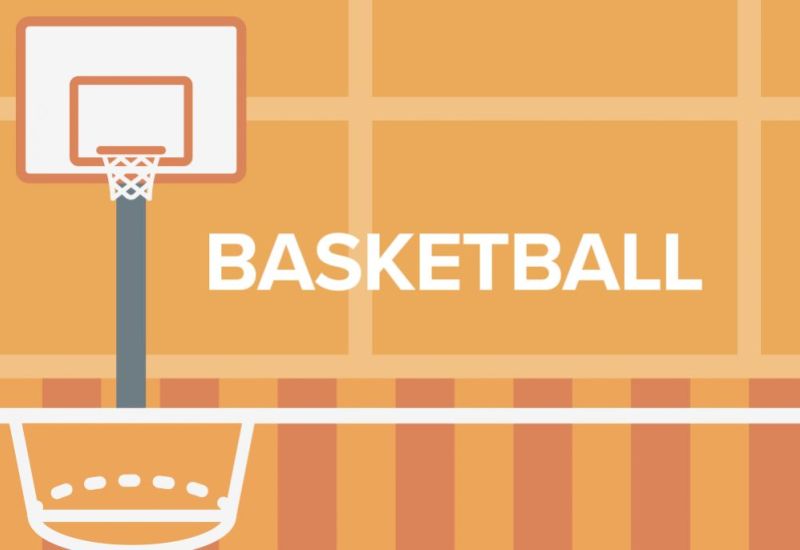
Register for Intramural Basketball - Sign-Up by Friday!

March Mania Party 2025 - Save the Date
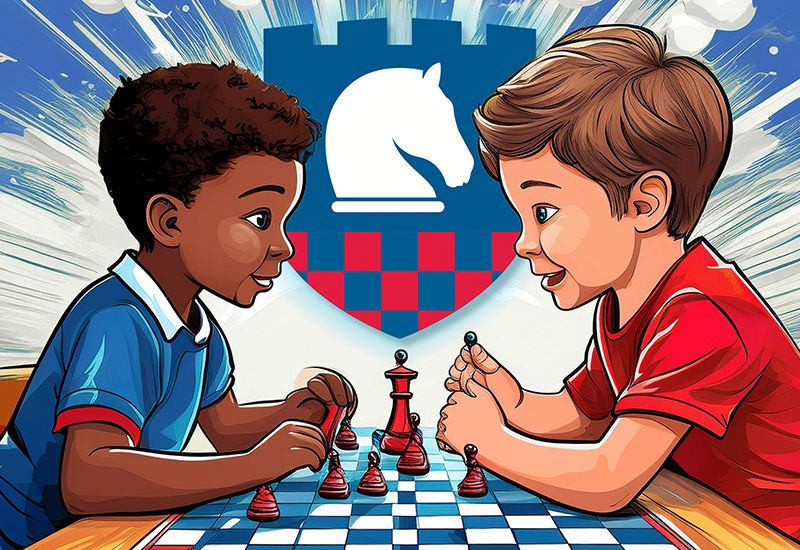
Introducing the Crusader Chess Team: Building Strategic Minds

School Supply Drive for Berclair - August 29 - September 6

After-School Adventures are Open for Registration

Parent Book Club: The Anxious Generation - Starting September 17
Instagram: @pdsmemphis
School Calendar
Register for Events
Schedule a Tour
Available year-round!
We love showing off our campus and our boys.
To Schedule a tour, contact Rachel Bishop, Director of Admission at
Father/Son St. Louis Trip
Cultural Connections Trip: DC / Philadelphia 25-26
This trip is intended to immerse our boys in the functions of our federal government, our nation’s history, and to experience one of the most important cities of the world.
Cultural Connections Trip: NYC / Boston 25-26
Final Dates TBA, but it will be the week of April 12-18, 2026
From two iconic American cities, boys will explore how events like the Revolutionary War shaped both America's past — as well as its present and future in a global context. Students will visit places that have made America into the melting pot it is today, the bedrock of our financial institution, and our recent history at the 9/11 Memorial. They'll also learn about how these locations create vital links between past events and future possibilities – both for Americans as well as nations around globe!

